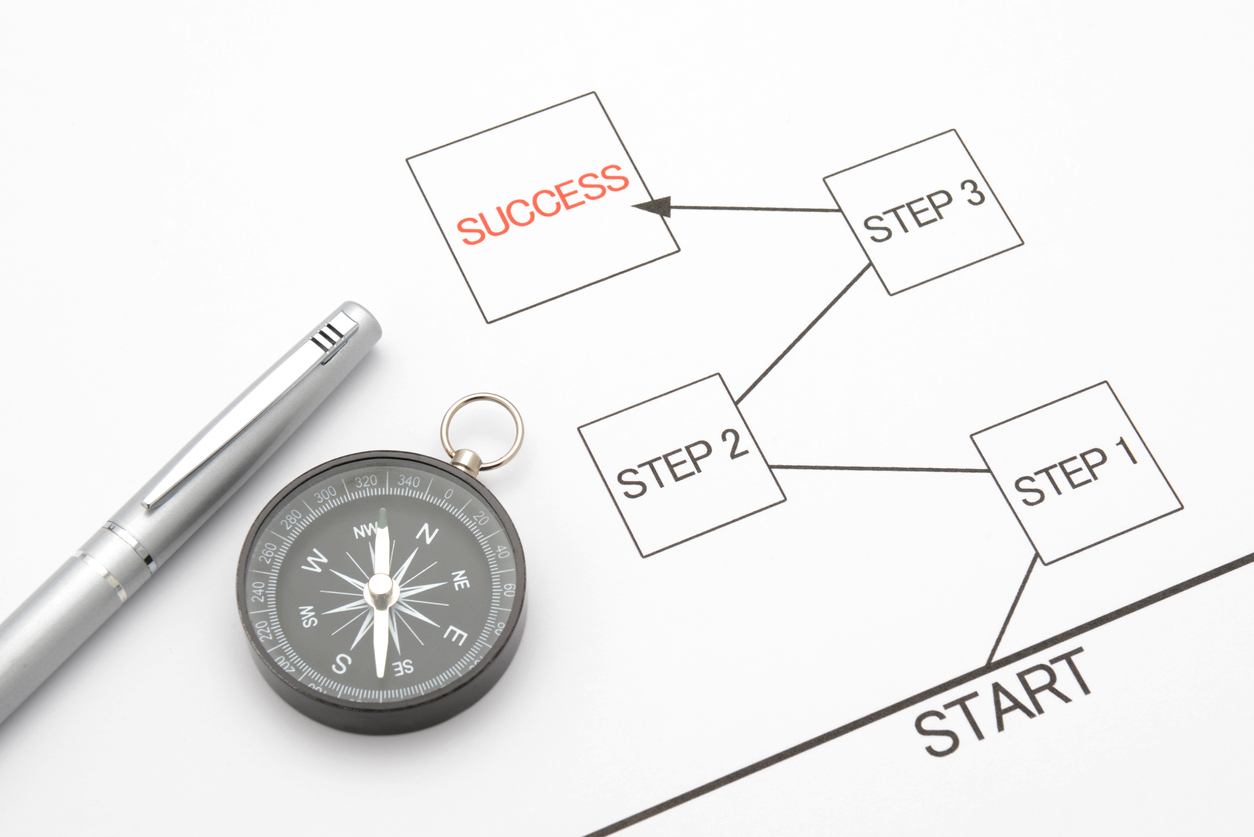Top 3 Skills To Ensure You Have Work In The Future
May 6, 2019

Are you worried about the future? Do you fear your job is at risk?
There is no need to worry if you have the top 3 skills to ensure you have work in the future.
The only way to prepare for the future is to be ‘future ready’ and that means having a commitment to lifelong learning.
Recently I interviewed Dr. Rovy Branon about the future of education and its impact on future of work. His comments aligned with our research in that in the future education will be very different than it looks today.
The time it takes for a person to obtain a degree is not matched up with the speed of which companies need workers.
Research shows that by the time a student completes a degree their education is already behind the changes that have happened in their field of study. Dr. Branon posited that there will still be degree programs in the future but that they will be structured differently. At NextMapping our research has found that educators and corporations will collaborate on educating current workers and those entering the workforce.
Collaborative education will include learnership models such as paid internships.
Corporations will be funding specific learning outcomes needed for their workplace. To solve the shortage of workers companies are taking a more active role in providing education for workers.
Many companies have been leveraging their ‘own’ universities such as Disney, AT&T and more.
Lifelong learning is the answer to always being guaranteed future work.
In addition here are the top 3 skills to ensure you have work in the future.
- Flexible mindset – we have surveyed thousands of leaders and teams over the years and when we ask how flexible that they think they are, and the response is always around an 8 or 9 on a scale of 1 to 10. We have found that most of us over rate ourselves when it comes to our own mindset. When we flip the question to ask how they would rate their boss or peer the number drops to about a 5 or 6. Why? Because flexible mindset is difficult to measure. Here’s how you know you have a flexible mindset – you are able to hear opinions that are directly opposed to your own and you focus and seek the ‘common’ ground with that opposite opinion. When I clarify that with the survey respondents their self rated number drops to about a 6. How do we build flexible mindset? We continually look to challenge our beliefs, our fixed attitudes and we seek to look at people and situations with a sense of curiosity and openness.
- Creative muscle– creativity is a confusing word, recently on a coach call with a CEO I asked her what she did for creativity. Her answer was that she ‘solves problems’ for her team. While I agreed that solving problems required creativity I challenged her to think of anything she does to ‘work out’ her creative muscle. She mentioned that she used to paint when she had more time. Often we link lack of time to no time to create. The opportunity for all of us is to look at creativity as something we do every single day in a multitude of situations. One way to build creative muscle is to listen to creative people through podcasts, audio books or videos. Another is to train the brain to think of way out of the box ideas around random and small tasks. Creativity is the ability to come up with improved and sometimes new approaches to every day scenarios. Those who work out in the creative mind gym will have guaranteed work in the future.
- People first approach – lets face it we are all fatigued by the continual input of information and lack of context. What people are looking for are ways to feel more connected and to create more meaning in daily life and work. As a leader or a team member if you truly value people and you seek to help people you will be ‘winning’ in the future. A quiz created by Dr. Kai Fu Lee helps to find out if your job is replaceable. Out of curiosity I took the quiz and found that as a consultant and people focused business we are in good shape for future relevancy. Technology skills are indeed needed in today’s reality, however those who have a people first approach will ensure long term work opportunities in the future. It is people who are creating the future not the technology and its important that we stay focused on that. Ways to build your people skills: emotional intelligence, coaching, psychology, team building, personality differences, generational awareness and more.
Still worried about the future and whether you will have work or not?
You do have the power to decide what you can do to build skills that will help make you irreplaceable in the future.
Organizations have the opportunity to provide their workers with the skill development and tools needed to prepare for the future of work.
As long as you are committed to lifelong learning you will be future proofed!